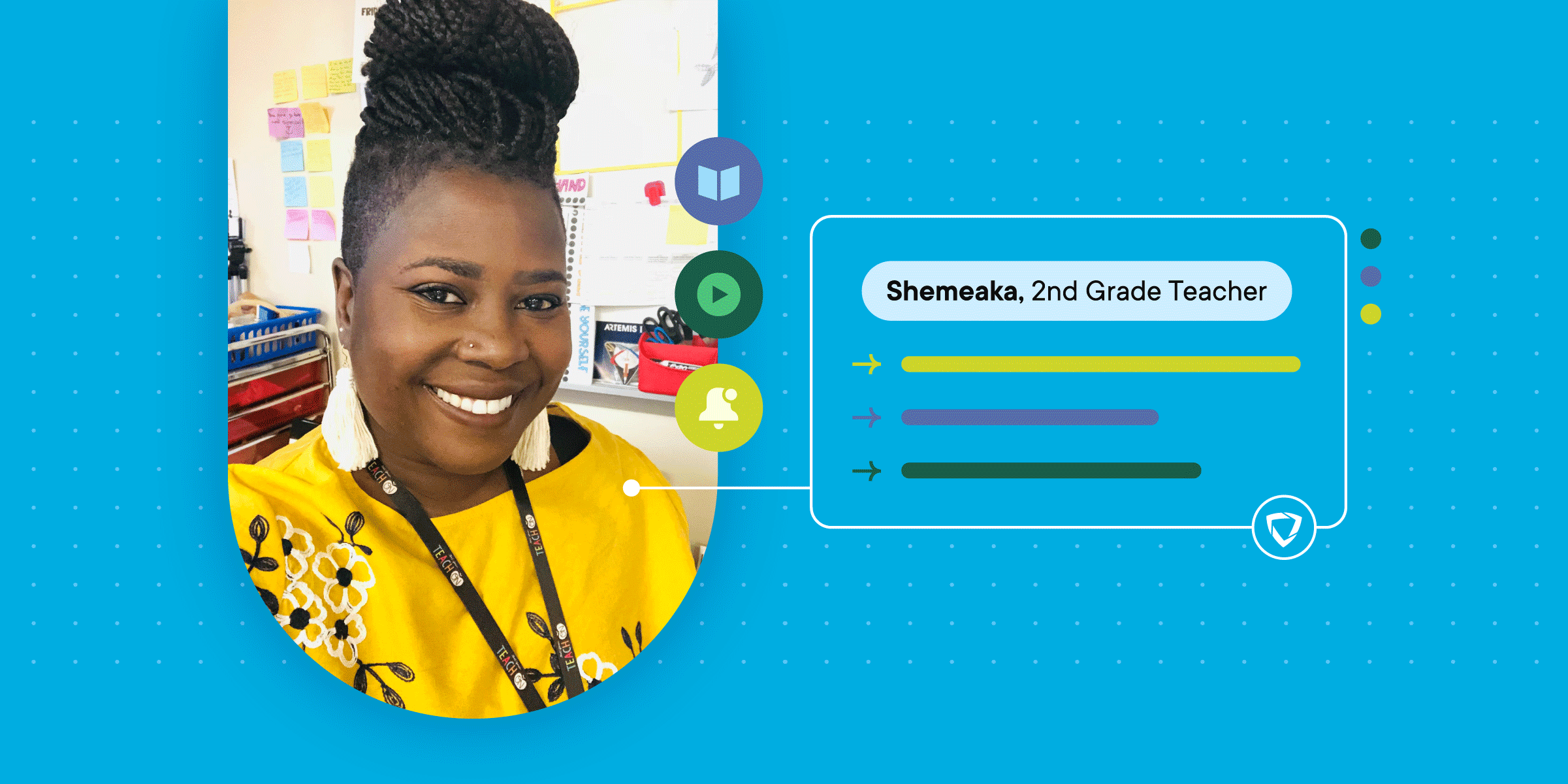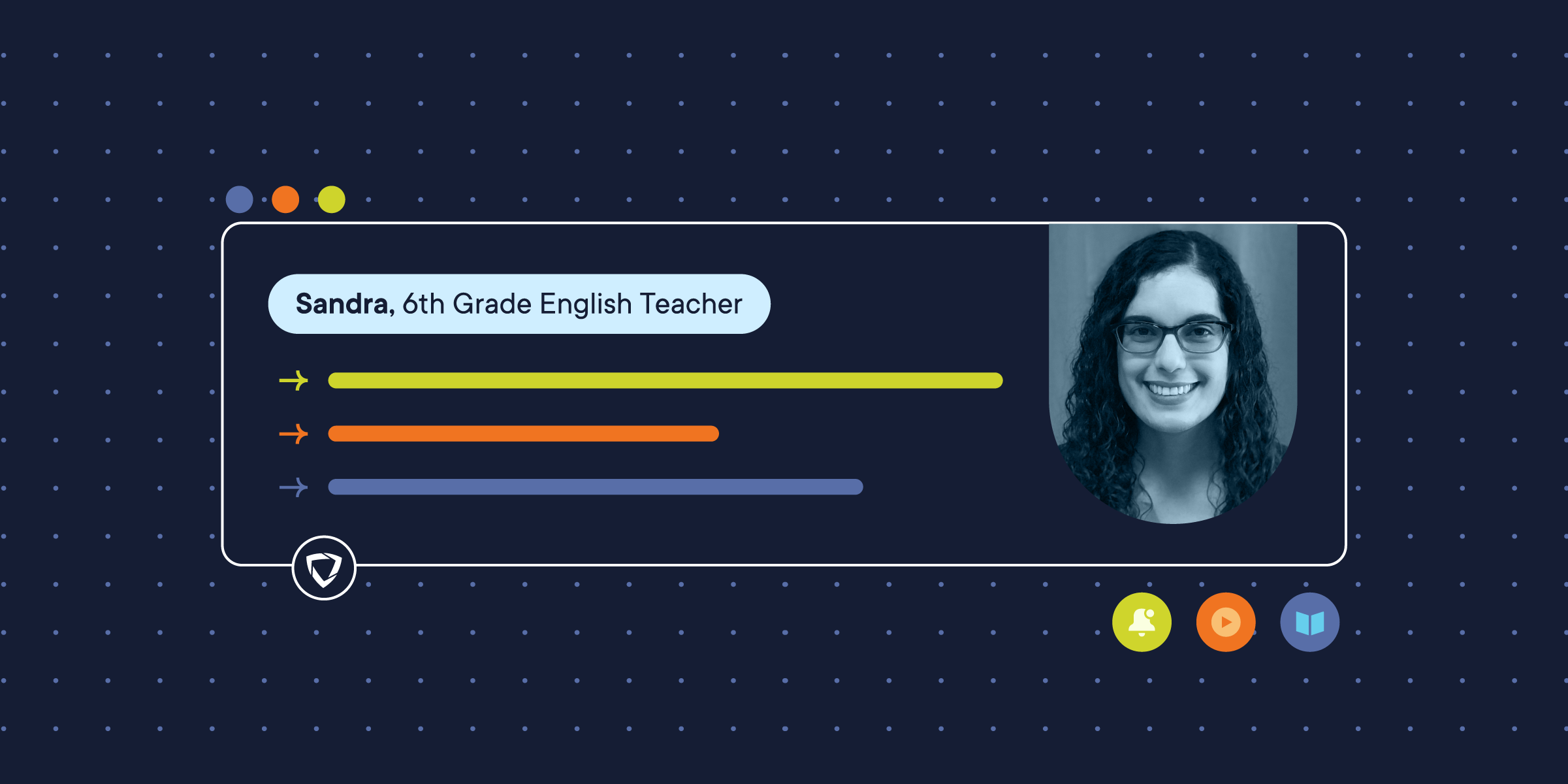
Digital citizenship is important for those that participate in online activity, because it sets the standard of how you should act online. There have been many cases of cyberbullying, and a good way to minimize conflict on the internet is to be a good digital citizen. Just because internet activities take place behind a computer doesn’t mean that there aren’t guidelines to follow. Below we will share with you 9 digital citizenship facts that will help guide you on your path to becoming the best digital citizen possible.
1. Passwords Are a Priority
There are many people that still sign in on sites that aren’t secure and due to these security issues their personal accounts are hacked. When you are on sites that require you to enter personal information, you should always look at the address bar of your window to make sure that the site is secure.
2. Sensitive Information Is Easy to Divulge
We share everything online and rarely think of information being sensitive. For example, when you go on vacation you are probably posting about it on Facebook and putting pics up on Instagram. You think you are sharing the experience with family and friends, but you have informed the world that you aren’t home. These houses known to be vacant through the vacation posts are targeted and robbed by unsavory individuals.
3. Respect Your Neighbor and You’ll Go Far
When posting online in any community you will interact with people that do not share your opinions or beliefs. It can feel like the right thing to do is to voice your opinion no matter what the tone, but the more negative you are the more of a conflict that you will have. Before responding to someone you are supposed to take a moment and put yourself in their shoes. Remember, everything you post stays online and will follow you forever.
4. Education of Technology Helps You
Technology is fueling our lives and if you do not educate yourself on the changes in the industry you will fall behind. This is important for those that incorporate technology into their lesson plans. By you keeping up with digital communities, you can pass this information onto your classroom which in turn causes your students to share this insight with one another.
5. Acknowledge People’s Work
It has become common practice for people to post things without acknowledging the original creator. If you post someone’s content and do not give them credit you are essentially stealing their work. Avoid this issue by giving credit to the creator or by only posting your own content.
6. Report Bad Behavior
If you had an issue at home with someone in real life, where you felt you were in danger, you would contact the authorities. This same mentality should be applied to problems that occur online, and you should take the necessary steps to report harassment. Each online community has protocol that you can use to report instances of online harassment and abuse.
7. Think a Moment Before You Post
It is common to get upset at someone’s comments in an online community, and you might immediately start to form your response. The more upset you are the higher the possibility is you will cause conflict for yourself. Before replying to a comment that you find offensive, take time to breathe and compose your thoughts. If this is not a post that you want to have associated with you for the rest of your life, then find something else to say.
8. Community Rules Help You
Every social media site you are on has specific rules and terms of use. When you are online you want to make sure that you are familiar with the rules of the community so that you can meet their standards. You can generally find community rules in the “About Me” section of the website.
9. Ignore Trolls (Do Not Feed Them)
There are individuals that sit online for the sole purpose of making your life miserable. These individuals, also known as “Trolls”, will blatantly make comments to hurt your feelings, and no matter how you respond that will keep attacking you. The best thing that you can do with a troll is to ignore them because they feed off the negative energy.
We hope you find the 9 digital citizenship facts to be effective in shaping your online presence and your students. Let us know if you found this information helpful, and how you implemented these tips into your classrooms!









